Winter Itch: What It Is and How to Prevent It
 Winter is known for cozy sweaters, warm beverages, and holiday cheer—but for many, it also brings on the discomfort of “winter itch.” As temperatures drop, your skin faces unique challenges from dry air and other seasonal changes, making it more susceptible to becoming dry, flaky, and itchy. At Pinnacle Dermatology, we know that taking proactive steps to care for your skin during winter can help you avoid the discomfort of dry skin and keep your skin feeling hydrated and comfortable.
Winter is known for cozy sweaters, warm beverages, and holiday cheer—but for many, it also brings on the discomfort of “winter itch.” As temperatures drop, your skin faces unique challenges from dry air and other seasonal changes, making it more susceptible to becoming dry, flaky, and itchy. At Pinnacle Dermatology, we know that taking proactive steps to care for your skin during winter can help you avoid the discomfort of dry skin and keep your skin feeling hydrated and comfortable.
What Causes Winter Itch?
Dry Air and Reduced Humidity
Hot Showers and Baths
Examples of Dry Skin
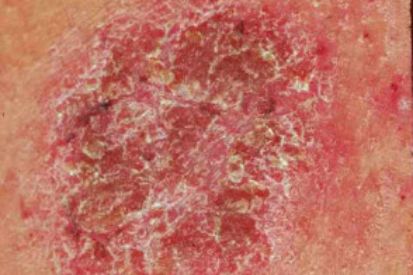
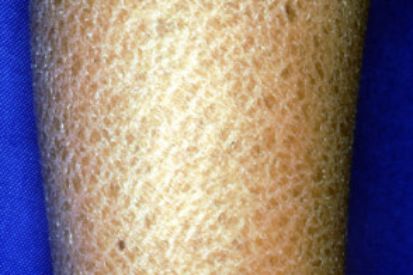
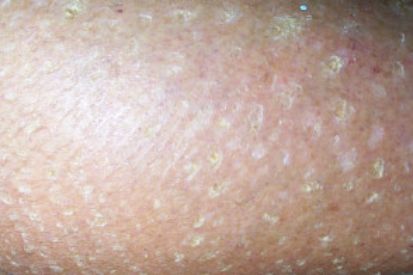
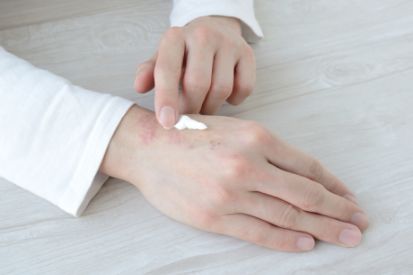
How to Prevent and Treat Winter Itch
Though winter itch can be frustrating, there are plenty of ways to keep it under control with a few adjustments to your skincare routine and habits.
1. Hydrate with Moisturizers for Dry Skin
Look for thicker, cream-based moisturizers that contain ingredients like ceramides, hyaluronic acid, or glycerin. These ingredients help lock moisture into the skin, providing a barrier against dry air and winter weather. Apply moisturizer right after showering to help lock in the most moisture.
2. Opt for Lukewarm Showers and Shorter Bath Times
Try to avoid long, hot showers or baths. Instead, use lukewarm water, and keep showers short to reduce the chance of stripping your skin’s oils. This can help your skin retain moisture and minimize the risk of irritation.
3. Invest in a Humidifier
Adding a humidifier to your home environment, particularly in your bedroom or living spaces, can help add moisture back into the air. This extra humidity can be essential for preventing winter itch, helping to keep your skin hydrated even while indoors.
Dr. Blake Troiani Discusses Dry Skin
4. Choose Gentle, Fragrance-Free Cleansers
Harsh soaps and cleansers with added fragrances can aggravate dry skin. Select gentle, hydrating cleansers that are free of fragrances and parabens. These options will cleanse your skin without disrupting its natural moisture barrier, which is especially important during winter months.
5. Protect Your Skin Outdoors
Cold winds and chilly temperatures can strip your skin of moisture, worsening winter itch. Wear gloves, scarves, and protective clothing to shield your skin from these elements, and don’t forget to apply sunscreen to exposed areas, as UV rays can still harm your skin even in winter.
Seek Help from Dermatology Providers
If your winter itch persists despite following these tips, consider scheduling an appointment with one of our Pinnacle Dermatology providers. Persistent dry, itchy skin may benefit from professional treatments or targeted skincare products tailored to your needs. Our providers can recommend advanced treatments or medical-grade moisturizers to help relieve dry skin and keep it healthy throughout the season.

Ready to tackle winter itch?
Schedule an appointment with Pinnacle Dermatology to discuss your skincare concerns and get personalized recommendations for healthy, hydrated skin all winter long.
Featured Products for Dry Skin

EltaMD Moisture-Rich Body Cream
EltaMD Moisture-Rich Body Crème infuses compromised and dry, flaky, sensitive skin with long-lasting moisture and essential nutrients. It is the ideal daily moisturizer to help achieve and maintain softer, smoother, healthy-looking skin. 8 oz / 226 g

SkinCeuticals Daily Moisture
Daily Moisture is a lightweight face moisturizer for normal to oily skin that hydrates, nourishes, and helps reduce the appearance of pore size. Formulated with an exclusive combination of vitamin E and three nutrient-rich algae extracts. 2 fl oz / 60 mL
Featured Blogs

- General Dermatology
- Skin Exams
- Chronic Skin Conditions
Explore our comprehensive guide to gain insights into accurate diagnosis and expert care for chronic skin conditions.
Read More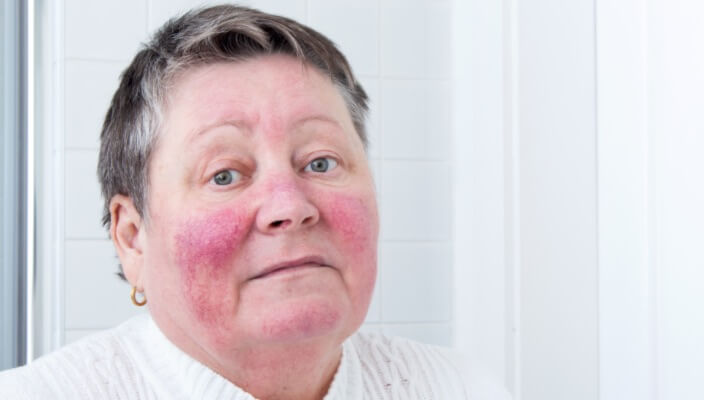
- Chronic Skin Conditions
Rosacea, a chronic skin condition characterized by redness, visible blood vessels, and sometimes acne-like bumps, can be an enigmatic challenge for those who experience it.
Read More
- General Dermatology
- Chronic Skin Conditions
Eczema, a chronic skin condition characterized by inflammation and intense itching, can be challenging to manage, especially during flare-ups.
Read More


